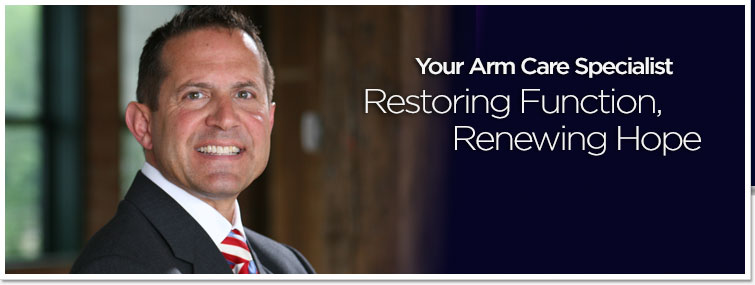Our Practice has MOVED
Our new location is:
Suite 405
1815 South Clinton Ave
Rochester, NY, 14618.
The NEW phone number is 585-565-3500

585.565.3500
Fax Number:
585.434.4081

Just because we weild a "Hammer" does not mean that you should be the "Nail"
My message this week has to do with the not infrequent question regarding the need for, and timing of surgical intervention. Ever see a doctor who tells you that you need an operation, and feel his/her frustration when you, in turn, seem to want to put on the breaks? Well, if you are in the business of "doing surgery" to make your living, I suppose that "making that sale" is a critical part of your "revenue model". I guess you could say that the opportunity cost of providing more conservative care is that you are using "capacity" to provide a service that will generate less to the bottom line than a surgical procedure will.
If you are'nt sure of what I am getting at, ask yourself if you've ever felt rushed at your appointment, if you often see a nurse, resident, or physician's assistant and not your doctor, or if, when it becomes clear that you are not going to sign up for surgery, your appointment seems abbreviated. Now, we all have time constraints; we are all seeing more patients; we all need to be conscious of keeping wait times to a minimum. What I am addressing here is an alarming trend--that is, the orthopaedist is merely an orthopaedic SURGEON (with a "Hammer".............and you are a "Nail".
I saw a patient with 3 months of shoulder pain on friday who was referred to me with his MRI in hand. He had a partial tear of his rotator cuff, but had not undergone any Pysical therapy or had a cortisone injection. I could have "made a sale"--------"you need surgery". Afterall, he probably will at some point. But my point is that, he may not. And so why not provide great care--nonoperative care 1st---and leave surgery for when both the patient and I agree that it's needed. IIn his case, he was delighted to try PT for 6 weeks.
I can tell you that shared decision-making and a mutual feeling that surgery will provide significant improvement are components that are critical to success. If you feel as though you are getting a hard sell for surgery, it may be because you may burn a bridge if you do not have it now. It may change the procedure you will eventually require, increase the risk of complications, make the surgery itself more complex etc. If, however, none of those factors are in play, and you are not quite ready to sign up, that may be okay.
"No margin, no mission" is a saying that I used to share during my 15 years at two academic medical centers. My point was that sound business practices and operational efficiency are critical to being profitable so that we can then carry out our mission of taking care of patients. If margins are poor either due to problems with the "top line" (inefficient clinics, entry barriers, poor capacity, pricing constraints) or exhorbitant costs and out of control institutional overhead, physicians may take the "Walmart" approach------make it up on Volume.
So, if you feel like you are part of a mill, the model may require lots of customers, and "selling" surgery.
Remember, you are a patient not a customer, and if a practice is built around efficiency, a robust margin may enable Remarkable Care--regardless of whether it's surgical or nonsurgical.
Replies
I love the scenario of hammer and nail!!
I look at it in terms of the orthopedic doctor being the "instructor" -and the patient the "student".
In orthopedics i feel it is so important to listen and follow the instructions of your doctor. he is the expert. And the patient- the student- needs to put forth effort - be it
pain control ,physical therapy to get good results. look at it like passing a course- If you put forth good effort and do your homework you will get that good grade!! Yes, perhaps it's putting up with that little bit of pain with PT. But, in the long run the results are worth it!! Reaching these goals depends also on a good working relationship with your "instructor".
My goal is to pass
Dr. Tomaino's course with an Aplus!!! Forget the hammer and nail outlook and turn to instructor and student. The rewards i am sure are better in the end if you are willing to accept the challenge!!



